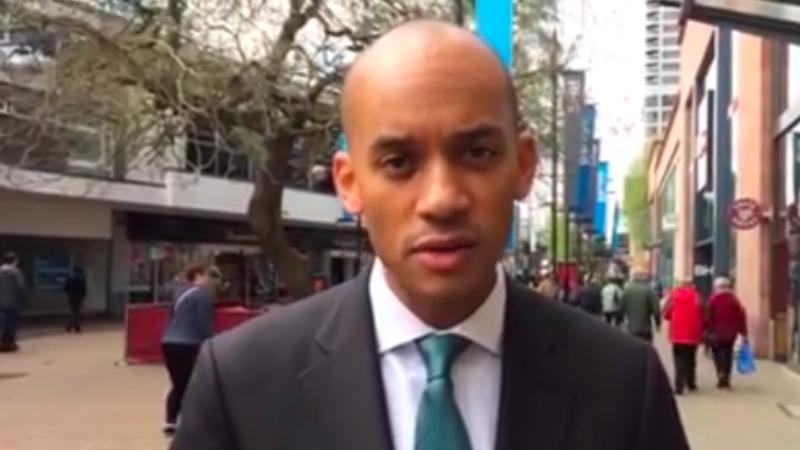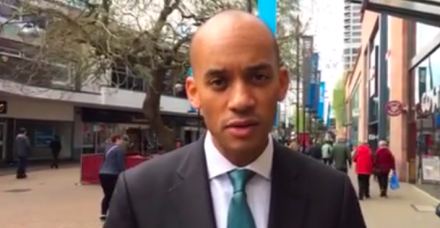
So Chuka Umunna is out of the Labour leadership race only a few short days after he joined it. Exiting the race in its very earliest stages, the Shadow Business Secretary cited the “added level of pressure that comes with being a leadership candidate”.
This is, of course, code for a rapid increase in media attention that can sound more like harassment than journalism. At times we forget how great a level of stress, pressure and attention we expect leaders (and, it seems, potential leaders) to deal with. Even those, like Umunna, who have seen this up close can be taken aback when it’s them on the receiving end.
Yet at the same there’s an expectation that politicians are relatable, normal, just like the rest of us – whilst also being able to withstand stresses and strains that most of us can’t imagine. Frankly, the kind of person who wants to be a leading politician (or even be interested in politics) isn’t going to be conventional. And yet that is what is demanded. So the media decries Miliband for being a nerd, but had he led a life full of adventure and derring do before entering Parliament – rather than being a highly successful figure in the Treasury – you can bet he’d have got stick for that too.
Because when it comes to politicians we may want something that doesn’t exist – the clever, interesting, funny, serious, friendly, ruthless person down the pub. A person that probably doesn’t exist, and if they did, you might not want them running the country. If you want people to be normal, you can’t expect them to be the media or the public’s idealised version of perfection.
(And before anyone suggests I’m being tribal about this – here’s a piece from four years praising Louise Mensch for facing down the media in a very brave and effective manner.)
However, it’s obviously true that Chuka was standing to be Labour leader, and therefore Prime Minister too. And of course there should be scrutiny of the candidates for Labour leader. So lets look at what they’ve said and done in their political careers and question them on that. It would have been fair game, for example, to ask Chuka why his politics in 2015 seemed so different from his politics in 2010. Or to have asked him what he disagreed with Ed Miliband over? Or if he was guilty of any former of personal hypocrisy.
But who benefits from scrutiny of his partner? Of following his mother home from work? Of visiting the home of a woman over 100 years old who has only a tangental connection to a Labour leadership hopeful? What does any of that teach us about Chuka Umunna, the would be Labour leader? For all I know, very little indeed.
But it certainly teaches us a great deal about some of the malaise in British politics, and the aggressive nature of some in the British press, who would happily hassle an old woman if they were related to someone who might become Labour leader. Classy.





More from LabourList
Sadiq Khan signals he will stand for a fourth term as London Mayor
Starmer or Sarwar: Scottish Labour MSPs and MPs split over Keir Starmer’s future
‘Every Lidl helps: What can the Government do to bring down food prices?’